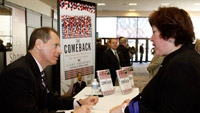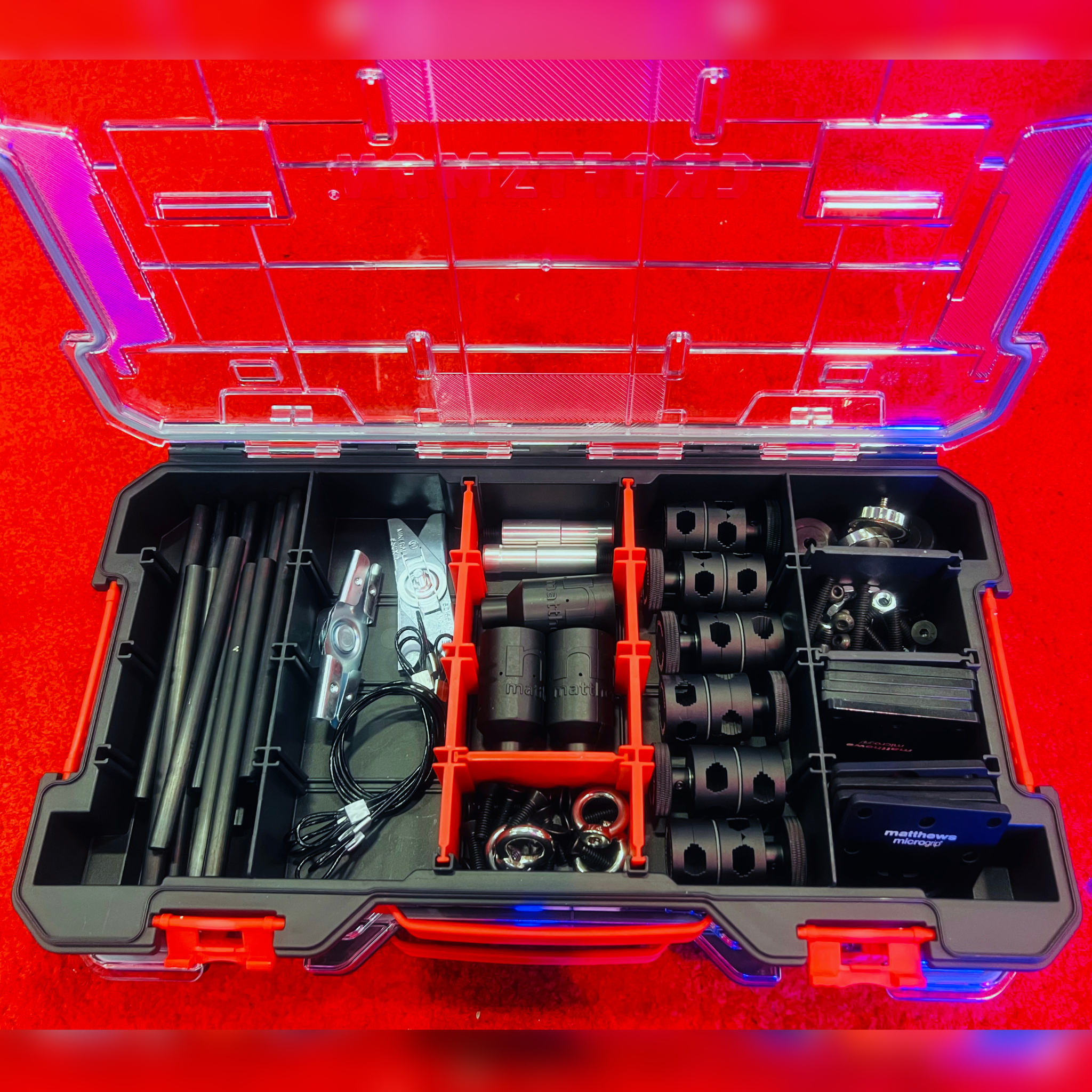Shapiro blasts broadcasters in CES keynote

Gary Shapiro, president and CEO of the Consumer Electronics Association, took the gloves off last week when referring to television broadcasters in his keynote at the CES show in Las Vegas.
Calling on the CEA to stand against trends “harmful to innovation,” Shapiro applauded the FCC’s broadband plan to reclaim underutilized spectrum from broadcasters.
“Television broadcasters are unhappy,” Shapiro said. “But they have borrowed spectrum from the government and have seen their public audience shrink from 100 percent of Americans to under ten percent. They are squatting on our broadband future. This spectrum needs to be repurposed and reused.”
Shapiro said spectrum for licensed and unlicensed uses will “unleash more innovation and unclog constricted networks,” which are already frustrating millions of Americans trying to use the wireless Internet. Because of this, he said, “the CEA has formally asked Congress to swiftly pass legislation allowing the FCC to conduct voluntary incentive auctions of broadcast spectrum.”
The goal is to free up 500MHz of spectrum within 10 years, Shapiro said. Current spectrum licensees would receive a portion of the proceeds from the auction as would the U.S. Department of the Treasury, and this spectrum could then be used to meet the increased demand for broadband.
“Better use of spectrum. Deploying broadband. Attracting the best and the brightest. Free trade. Flexibility for business. Encouraging investment. Educating our children. Cutting the deficit. These are all platforms of the CEA Innovation Movement,” Shapiro said.
The NAB, the main lobbying organization for broadcasters, wasn’t happy with Shapiro’s speech. Gordon Smith, head of the NAB, said the speech missed the mark. “He simply sees a world of wireless broadband, and that’s just not what the future holds,” Smith told reporters. “He apparently was writing a book and missed the cord-cutting phenomenon.”
Get the TV Tech Newsletter
The professional video industry's #1 source for news, trends and product and tech information. Sign up below.
Shapiro’s new book, “The Comeback,” also attacks broadcasters for not handing over their spectrum for wireless broadband services. Shapiro promoted the book and did several book signings at the CES show.
According to Smith, the future includes broadcasting’s mobile DTV as a free, one-to-many complement to the wireless broadband. He brushed off suggestions that the broadcasters would fail to deliver mobile DTV service this year. “You’re going to see a tremendous amount of rollout, and we are excited to be a part of that. We are filling the spectrum that we were given. “
Smith suggested that the government and the wireless broadband proponents look elsewhere for spectrum. “Nobody has given back spectrum like we have, nearly a third in the digital transition. We already gave at the office.”
